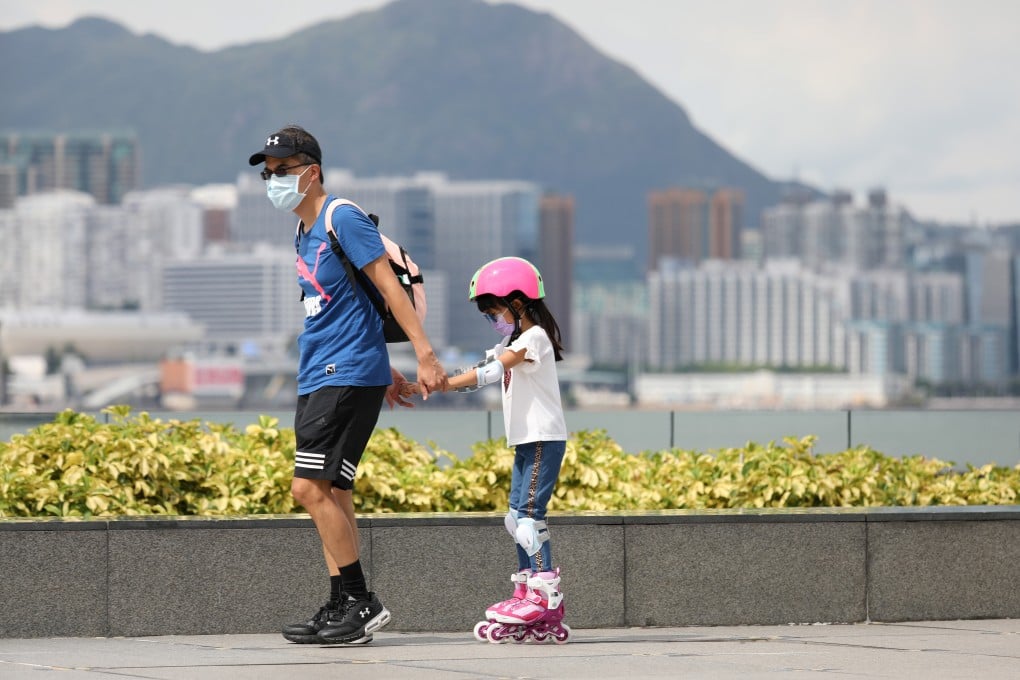Advertisement
Opinion | Panic-driven response to coronavirus prioritises some lives over others
- There has been scant debate in Hong Kong, where pneumonia claimed around 9,000 lives in 2019, about Covid-19 in the context of broader health and social interests
- Sweden has shown that a ‘light touch’ policy works, while there are also lessons to be learnt from Bangladesh and Brazil
Reading Time:4 minutes
Why you can trust SCMP
0

There has never been a greater need for proportion and perspective. Daily Covid-19 counts in the absence of other statistics are not just meaningless, they are highly misleading, not least for political leaders and one-track minded scientists.
An example: Hong Kong has so far 104 Covid-19 linked deaths. In 2019, it had around 9,000 deaths from pneumonia, a not dissimilar lung infection for which there are partially effective vaccines and medicines. Like Covid-19, it kills mainly the old and those with other serious conditions.
Covid-19 is an additional, not a uniquely dangerous, pathogen. Even in Hong Kong, seasonal flu is still a killer. As for many developing countries, tuberculosis, malaria and intestinal diseases are far bigger killers.
Hong Kong has avoided the most rigid lockdowns, but why, with so few cases here or on the mainland, is travel to and from the mainland or Macau barred except for the favoured few? Does the government not believe the mainland numbers? Is this a Beijing-directed punishment of Hong Kong? Or are we now so conditioned to bringing case numbers to near zero that we are now locked into risk avoidance at any cost?
Governments put a price on life all the time. How much public money should be spent on costly drugs? How much on free vaccinations? How much on ways to reduce road deaths? It is time to put a price on adding a few months to the lives of 85-year-olds – who lived through the killer flus of 1957 and 1968.

03:07
Hong Kong’s Covid-19 mass testing ends with at least 42 carriers found among 1.78 million people
Hong Kong’s Covid-19 mass testing ends with at least 42 carriers found among 1.78 million people
Another issue is the continued closure of beaches, which allow for exercise free of cost in the open air, even as karaoke lounges, bars, gyms and massage parlours have opened up. Is this because beaches are a public good, but do not earn money, least of all for businesses represented by functional constituencies in the Legislative Council?
Advertisement
